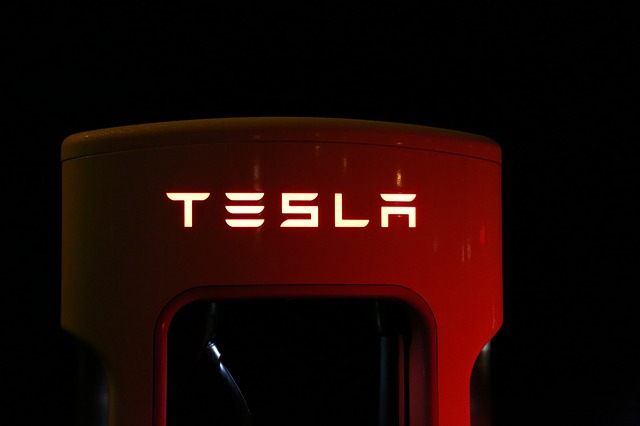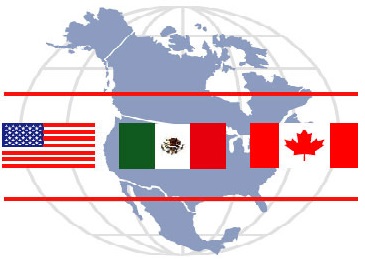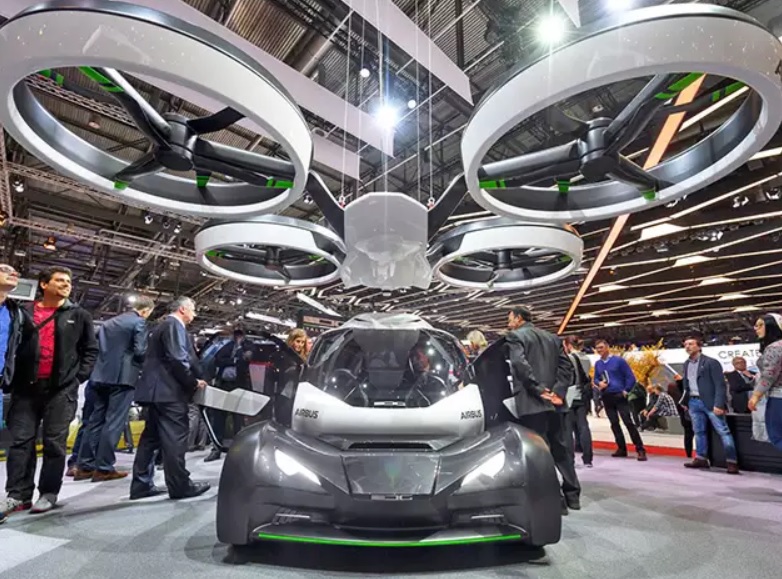Now Reading: Tesla’s Elon Musk would no longer pursue $72 billion take-private deal
-
01
Tesla’s Elon Musk would no longer pursue $72 billion take-private deal
Tesla’s Elon Musk would no longer pursue $72 billion take-private deal

Tesla Inc CEO Elon Musk stated late on Friday he would no more pursue a $72 billion deal to take his U.S. automaker private, abandoning an idea that had shocked investors and drawn regulatory scrutiny.
The decision leaves Tesla as a publicly listed company but raises new concerns regarding its future. Its shares have been trading below their August 7 levels, when Musk declared on Twitter he was thinking about taking Tesla private for $420 each share, as investors wondered what the long-shot bid meant for Musk’s ability to steer the firm into profitability.
The move also leaves Musk and Tesla having to fend off a range of investor lawsuits and a U.S. Securities and Exchange Commission probe into the factual accuracy of Musk’s tweet that funding for the deal was “secured”.
“Although most of the shareholders I spoke to said they would remain with Tesla if we went private, the sentiment, in a nutshell, was ‘please don’t do this’,” Musk wrote in a blog post on Friday.
Musk, who owns about a fifth of Tesla, had stated previously this month that he envisioned taking the company private without using the general method of a leveraged buyout, whereby all the other shareholders would cash out and the deal would be financed mainly with new debt.
Instead, two-thirds Niof company shareholders, as per his estimate, would have selected an option of “rolling” their stakes and continuing to be investors in a private company, instead of cashing out. This would largely decrease the amount of money needed for the deal and prevent further burdening Tesla, which has a debt pile of $11 billion and negative cash flow.
However, Musk stated on Friday that a numerous institutional shareholders explained to him that they have internal compliance concerns that limit how much they can invest in a private company. He included that there is no proven path for majority of retail investors to own shares were Tesla to go private.
Stay Informed With the Latest & Most Important News
Previous Post
Next Post
-
 01Polestar Boss Says It’s Time To Outrun BMW M And Mercedes-AMG
01Polestar Boss Says It’s Time To Outrun BMW M And Mercedes-AMG -
 02Spy Shots: 2027 Mitsubishi Pajero Spotted in Testing Ahead of Possible U.S. Return
02Spy Shots: 2027 Mitsubishi Pajero Spotted in Testing Ahead of Possible U.S. Return -
 032026 Toyota Hilux EV: A Powerful Truck with Silent Torque
032026 Toyota Hilux EV: A Powerful Truck with Silent Torque -
 04Spy Photos: VW ID. Polo GTI Goes Electric with 223 HP and 280 Miles of Range
04Spy Photos: VW ID. Polo GTI Goes Electric with 223 HP and 280 Miles of Range -
![2027 Mercedes-Benz S-Class Debuts with V8 Engine [Photo Gallery]](https://speedlux.com/wp-content/uploads/2026/01/2027-Mercedes-Benz-S-Class-33-155x125.jpg) 052027 Mercedes-Benz S-Class Debuts with V8 Engine [Photo Gallery]
052027 Mercedes-Benz S-Class Debuts with V8 Engine [Photo Gallery] -
 06Hyundai Palisade’s Breakout Year Shows How Quickly the Market Can Turn
06Hyundai Palisade’s Breakout Year Shows How Quickly the Market Can Turn -
 07The Controversial Ford Voodoo V8 That Was Killed Off Too Early
07The Controversial Ford Voodoo V8 That Was Killed Off Too Early



![2027 Mercedes-Benz S-Class Debuts with V8 Engine [Photo Gallery]](https://speedlux.com/wp-content/uploads/2026/01/2027-Mercedes-Benz-S-Class-33-700x394.jpg)








































